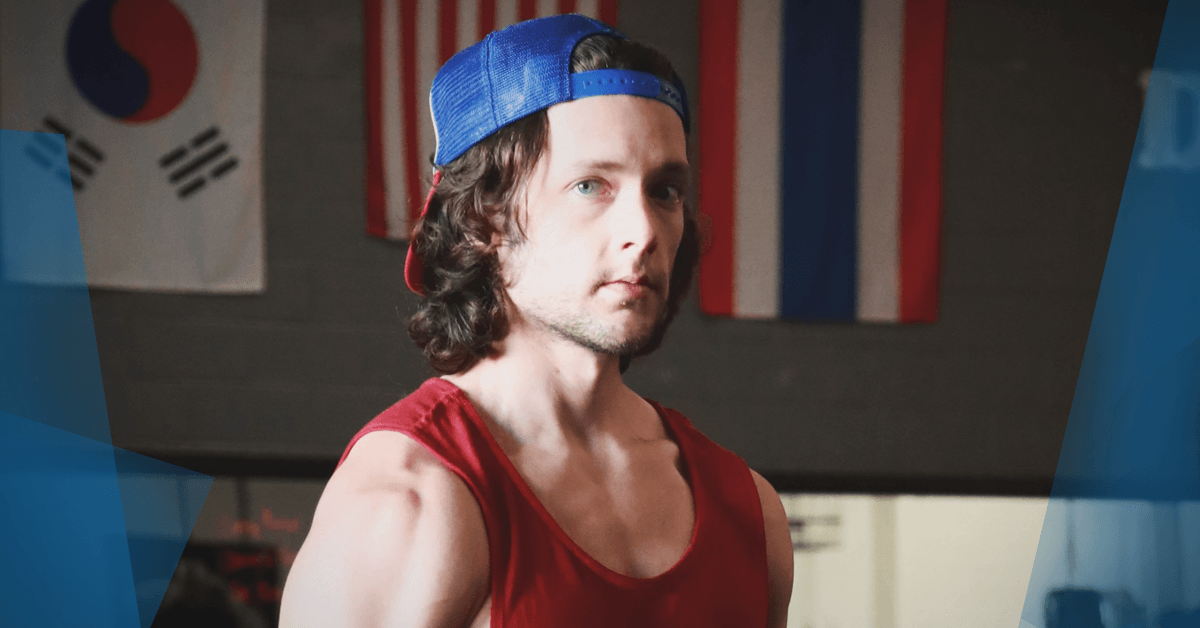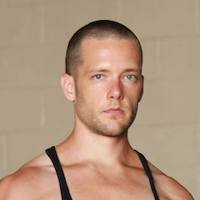I’ve spent the past 15 years getting better at as many skills as I’m capable of and interested in. It’s an experiment I began at 17, when I realized I would never be the best at anything. (It wasn’t for lack of trying; I really wanted to be a guitar legend.)
Since then I’ve published books and launched businesses; I’ve earned a black belt and mastered handstands, sidekicks, and muscle-ups; I’ve recorded music, won a few writing competitions, and am now finishing a master’s degree in systematic philosophy, with an undergrad in economics. I can even do a split.
I’m not the best at any of those things. Many of you reading this are better at something on this list—stronger or smarter or better at writing or marketing. But that’s exactly my point: When we become good in several areas, and not too shabby in many others, we give ourselves competitive and creative advantages in life without the constant pressure to compare or compete with anybody else.
Chances are, you’re as strong and muscular as you need to be to succeed as a fitness pro. Adding another 50 pounds to your deadlift or another millimeter to your biceps, or shaving a couple centimeters from your waist, isn’t likely to improve your business in any significant way. Will anyone be able to tell? Will it bring in new clients, or add subscribers to your email list?
You probably won’t improve your bottom line with more of what you already have. But you will if you develop complementary skills and stack them on top of your foundational skill. So while you’re training clients and maintaining your fitness at whatever level it needs to be, you work on skills that move your business forward: writing and copywriting; persuasion and sales; speaking and presenting.
The best you, in other words, is a generalist. You get more opportunities, achieve more with those opportunities, and have more fun along the way.
But how? Think of it like training. What turned your interest in exercise from a hobby into an actual skill? It involved more than getting into a routine. A routine will make you better than people who don’t do any exercise at all, but it will hardly make you so good you can coach others for a living.
To reach that professional level, you had to find ways to progress within your routine. These five practices make all the difference.
READ ALSO: Forget About Setting Goals. Do This Instead.
1. Repetition
You get what you practice, and you don’t get what you don’t practice. It makes sense in the context of learning a sport or an instrument, or when you’re teaching a client to squat. If they only do it once or twice a week when they’re with you, the learning curve is going to be much longer than it will be if they practice it on their own.
If you want to get better at something like writing, you need to practice it every day. So even though your goal is to be a generalist who’s good at lots of skills, you need to be a short-term specialist to develop each new one.
2. Resistance
Progress in a new skill requires that you rub up against the guardrails of failure. Again, it’s something you understand when it comes to training. To make progress, you need your workouts to be demanding, even stressful. But if they’re too demanding, you don’t just rub up against those guardrails. You slam right into them.
The sweet spot is when you’re challenged but successful, when your arms are shaking but you still finish the set. Look for the equivalent of that feeling in any skill you’re trying to master.
READ ALSO: Five Top Trainers Reveal the Lesson that Changed Their Careers
3. Restriction
As you improve, you’ll naturally tend to rely on your strengths and ignore your weaknesses. This is where restriction comes in. Temporarily block off what you’re already good at, forcing yourself to shore up your weak links. When I first got into fitness, for example, I spent most of my time training my upper body, as so many guys do. Then I snapped my forearm skateboarding. Suddenly, my bro-life program included a lot of squats.
But you don’t have to wait for a calamity to impose a restriction and fix unbalanced practice habits. As I learned from my guitar instructor, you can also do it artificially. He would bind three of my fingers so I could only play with my pinky. It not only forced me to build strength in my weakest finger, but also to slow down and play more melodically. It was my biggest weakness at the time, but not anymore.
READ ALSO: What Singing Opera Taught Me About Personal Training
4. Review
My guitar teacher did what good coaches throughout history have done, and what you do all the time with your clients: He detected a flaw in my technique, and he found a way to fix it. It’s a mistake I would never have noticed if I’d just kept strumming along in my basement, fantasizing about all the thousands of screaming fans I’d someday play for. And it’s one I would’ve kept making.
We all need a system of review, a way to go back and check our work. It’s a function you can often do for yourself. A writer, for example, can review her work the next day, perhaps reading it aloud. A musician can record a session and listen back. In my experience, nothing improved my exercise technique so much as filming myself for YouTube.
But at some point, you’ll need external review, which usually means hiring a coach. There’s no better way to make progress than to work with someone who’s been there. You can waste years making mistakes a coach will see in minutes.
READ ALSO: How to Supercharge Your Client’s Motivation
5. Rest
You know how critical the recovery process is for physical training. It’s the same for the neural connections you need to acquire a skill. Just because you can push yourself to the limit doesn’t mean you should. You need to recognize and respect the point of diminishing returns, which will vary from person to person and skill to skill.
Fortunately, over time, you’ll develop a sense of when you’ve done all the reps you need for the session. Listen to that intuition, and look for the minimum effective dose—the least you need to move from A to B.
Once you hit that standard, use any time you have left over to move on to something else. Because there’s always another skill worth practicing.
This article is adapted from How to Be Better at (Almost) Everything, by Pat Flynn











